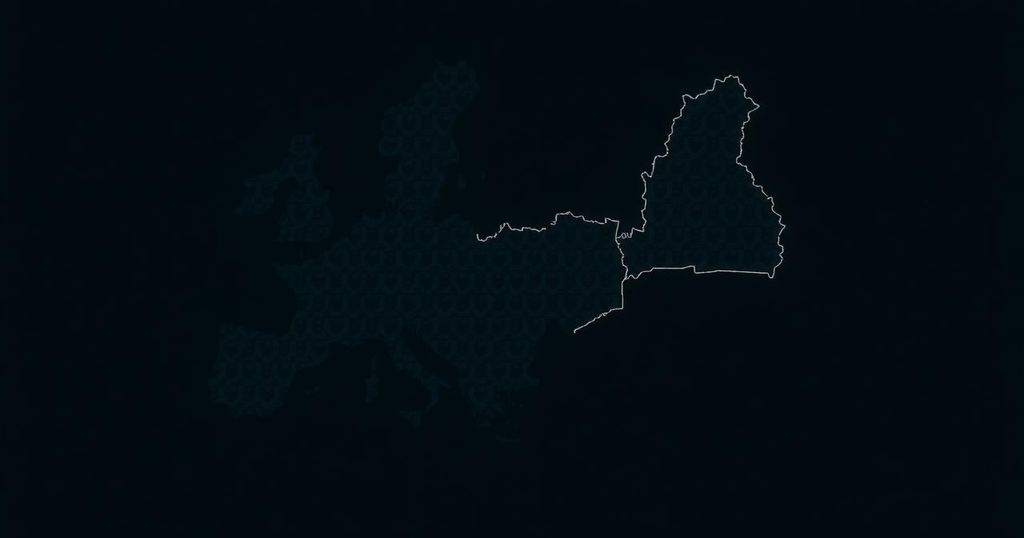Picture this: You’re scrolling through your social media feed, getting ready to share your views on a hot-button topic, when suddenly you receive a notification that your post has been flagged for “inappropriate content.” Sound familiar? Well, if you’re living in Europe, it probably does. Across the continent, a crackdown on free speech has been making headlines.
In recent years, European countries have been tightening the reins on what can and cannot be said in public forums, whether online or in person. This restriction on free speech has sparked concerns among advocates for civil liberties, who are worried that it could stifle open dialogue and expression.
Consider the case of a French woman who was fined for insulting a man’s masculinity during an argument on the street. Yes, you read that correctly. According to the law, her words were deemed offensive and deserving of punishment. This is just one of many examples where European authorities have stepped in to regulate what would normally be seen as trivial verbal disputes.
The implications of this crackdown are widespread, reaching beyond Europe’s borders. With the global impact of social media, limitations on free speech in one region can have a ripple effect that spans the entire world. The fear of being silenced or censored has left many internet users on edge, questioning whether they should filter their thoughts to avoid potential consequences.
Even more disconcerting is the blurred line between what constitutes hate speech and what is simply an unpopular opinion. In Germany, for instance, a law called NetzDG mandates that social media platforms remove illegal content, including hate speech, within 24 hours or face significant fines. While these laws aim to combat hate speech and discrimination, the vague and ambiguous nature of what qualifies as such has left many feeling uneasy.
This suppression of speech brings to mind George Orwell’s dystopian novel “1984,” where the government monitors every word and thought of its citizens. While we haven’t quite reached that level of surveillance and control, the similarities are hard to ignore. The vision of a free and open society, where diverse opinions can be openly expressed, is gradually fading as governments expand their influence into the digital world.
The debate over free speech is not new, of course. It’s a complex issue that challenges us to find a balance between protecting vulnerable populations from hate speech and upholding our fundamental right to free expression. However, the current trend in Europe appears to be tipping the scales towards restriction rather than liberation.
So, how can we address this alarming trend? One approach is to push for clearer definitions of hate speech and strong safeguards to prevent the misuse of such definitions for political or ideological purposes. Additionally, promoting digital literacy and critical thinking can help individuals distinguish between genuine hate speech and mere dissenting opinions.
Ultimately, the issue of free speech is not one that can be resolved overnight. It requires a delicate balance between protecting individuals from harm and ensuring that everyone has the right to speak their minds. As we navigate this intricate landscape, it’s crucial to keep the conversation alive and continue advocating for a society where diverse voices can coexist without fear of censorship. After all, a world without the freedom to express our thoughts is a world devoid of true democracy.

Leave a Reply